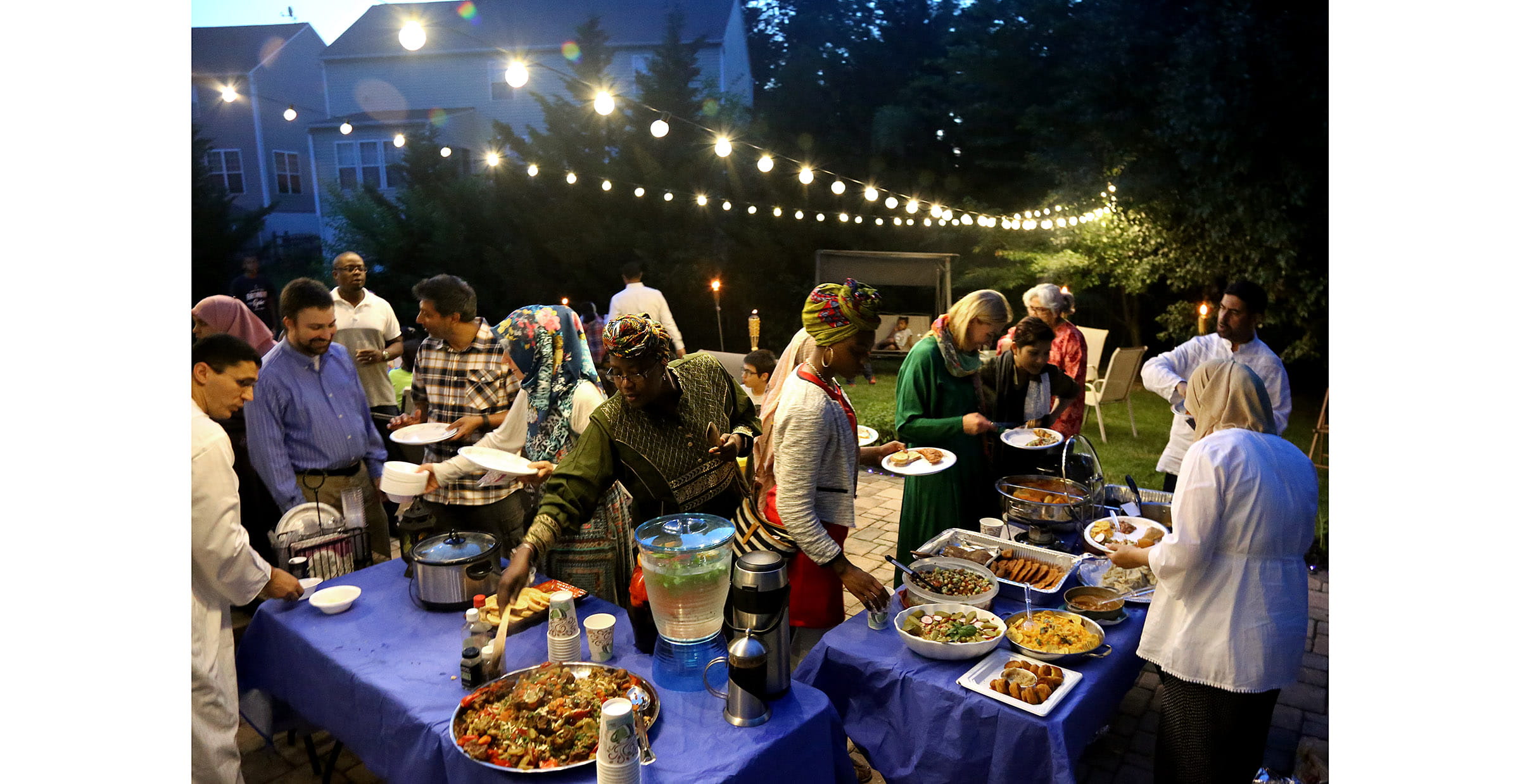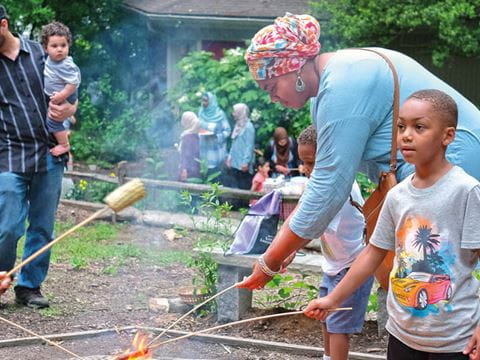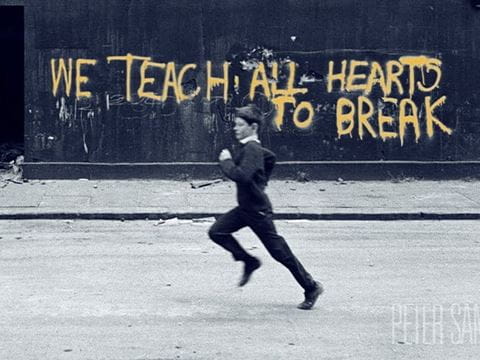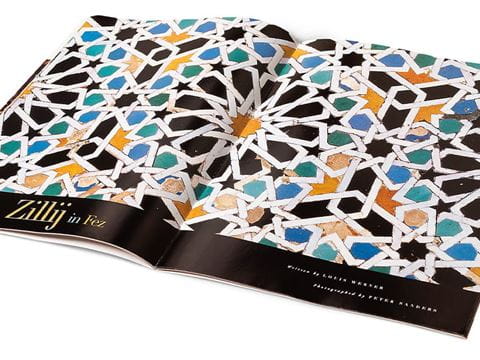
FirstLook: Iftar Nights
Iftar means “fast breaking” in Arabic, and the socializing, sharing and community that goes along with it is a worldwide hallmark of the month of Ramadan.
Iftar nights
Sunday, June 26, 8:42 p.m.,
Howard County, Maryland
We dug in, as we always do, just moments after sunset, as soon as it was time to break this day’s 16-hour Ramadan fast. As cell phone apps played calls to prayer in near synchrony, a small, hungry crowd descended upon the buffet table.
On this night it was a potluck iftar with a heri-tage theme, and the food mirrored some of the incredible diversity of suburban Baltimore itself: There was Malaysian tapioca cake (bingo ubi kayu), Ecuadorian empanadas, Bosnian stew (Bosanski lonac), Uighur steamed squash and lamb dumplings (petir manta), Italian escarole and beans (scarola e fagipoli), African- American bean pie, Senegalese peanut stew (mafe ginaar) and beignets (puff puff), Palestinian lentil soup (shorabit adas) and St. Thomas jerk chicken—all shared along with stories of their origins among friends old and new.
Iftar means “fast breaking” in Arabic, and the socializing that goes along with it is a worldwide hallmark of the month of Ramadan, which this year began on June 6 and ended with ‘id al-fitr (“feast of the fast breaking”) on July 5. (Following US Independence Day, this gave us a delightful double holiday.) In an upcom-ing feature article, I’ll be sharing some of the recipes you see on this table.
—Laila el-Haddad, author of
“Gaza’s Food Heritage” (N/D 11)
Sunday, June 26, 8:42 p.m.,
Howard County, Maryland
We dug in, as we always do, just moments after sunset, as soon as it was time to break this day’s 16-hour Ramadan fast. As cell phone apps played calls to prayer in near synchrony, a small, hungry crowd descended upon the buffet table.
On this night it was a potluck iftar with a heri-tage theme, and the food mirrored some of the incredible diversity of suburban Baltimore itself: There was Malaysian tapioca cake (bingo ubi kayu), Ecuadorian empanadas, Bosnian stew (Bosanski lonac), Uighur steamed squash and lamb dumplings (petir manta), Italian escarole and beans (scarola e fagipoli), African- American bean pie, Senegalese peanut stew (mafe ginaar) and beignets (puff puff), Palestinian lentil soup (shorabit adas) and St. Thomas jerk chicken—all shared along with stories of their origins among friends old and new.
Iftar means “fast breaking” in Arabic, and the socializing that goes along with it is a worldwide hallmark of the month of Ramadan, which this year began on June 6 and ended with ‘id al-fitr (“feast of the fast breaking”) on July 5. (Following US Independence Day, this gave us a delightful double holiday.) In an upcom-ing feature article, I’ll be sharing some of the recipes you see on this table.
—Laila el-Haddad, author of
“Gaza’s Food Heritage” (N/D 11)
You may also be interested in...

Ramadan Picnic Photograph by Zoshia Minto
Arts
On a warm June evening, people gathered at a park in Bethesda, Maryland, for a community potluck dinner welcoming the start of Ramadan.
Peter Sander's Spiritual Photography
Arts
For more than 40 years, British photographer Peter Sanders has documented communities across the Islamic world. Sanders discusses his legacy with us, including his inspiration and influences over the course of his career.
Spotlight on Photography: Explore Moroccan Zellige (Zillij) Tilework in Fez With Peter Sanders
Arts
In patterns and refractions, the old city of Fez, Morocco, comes to life through the geometric tile works known as zillij. In 2001, AramcoWorld commissioned photographer Peter Sanders to tell the story of a family who for five generations has added new dimensions to art and architecture.